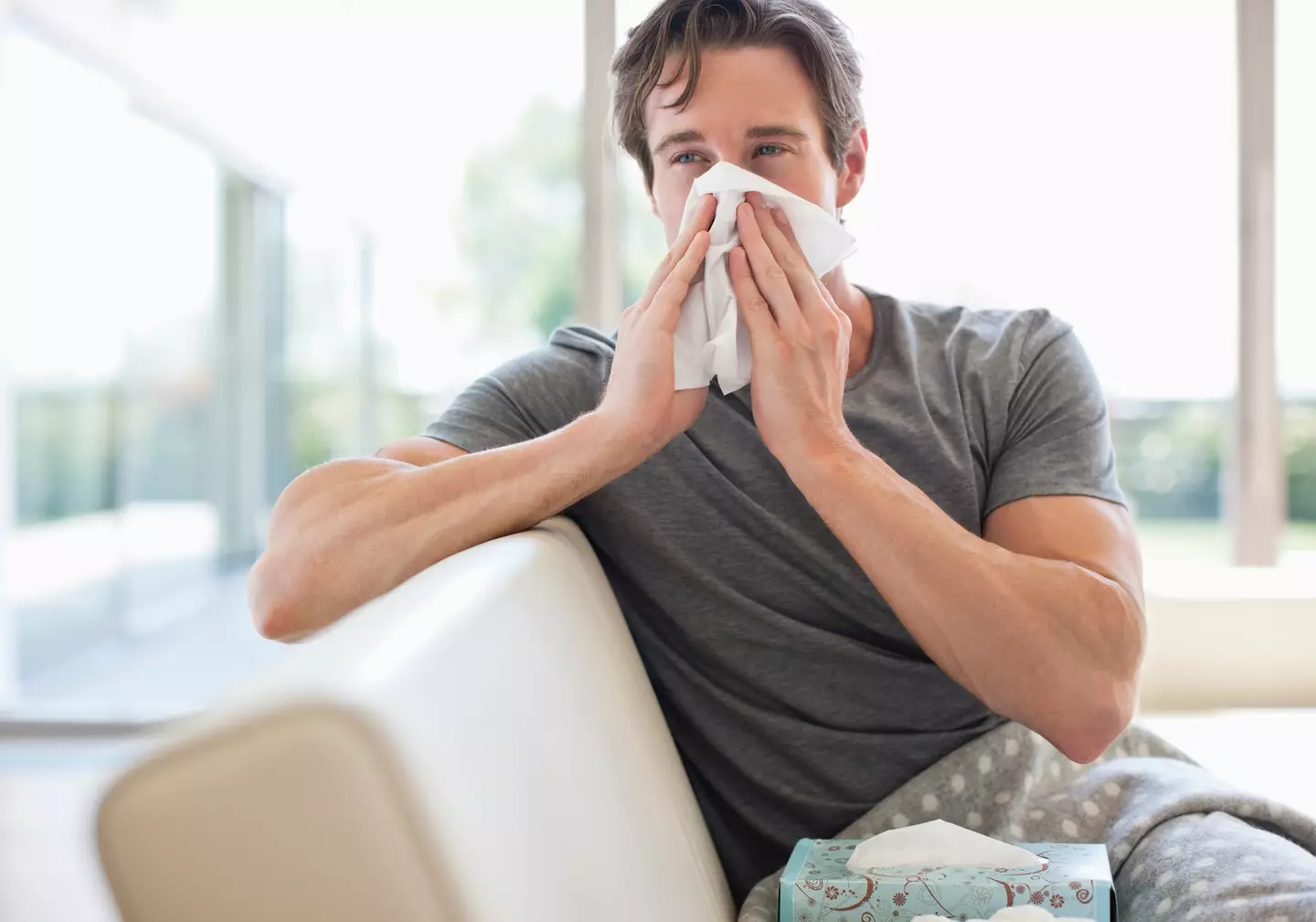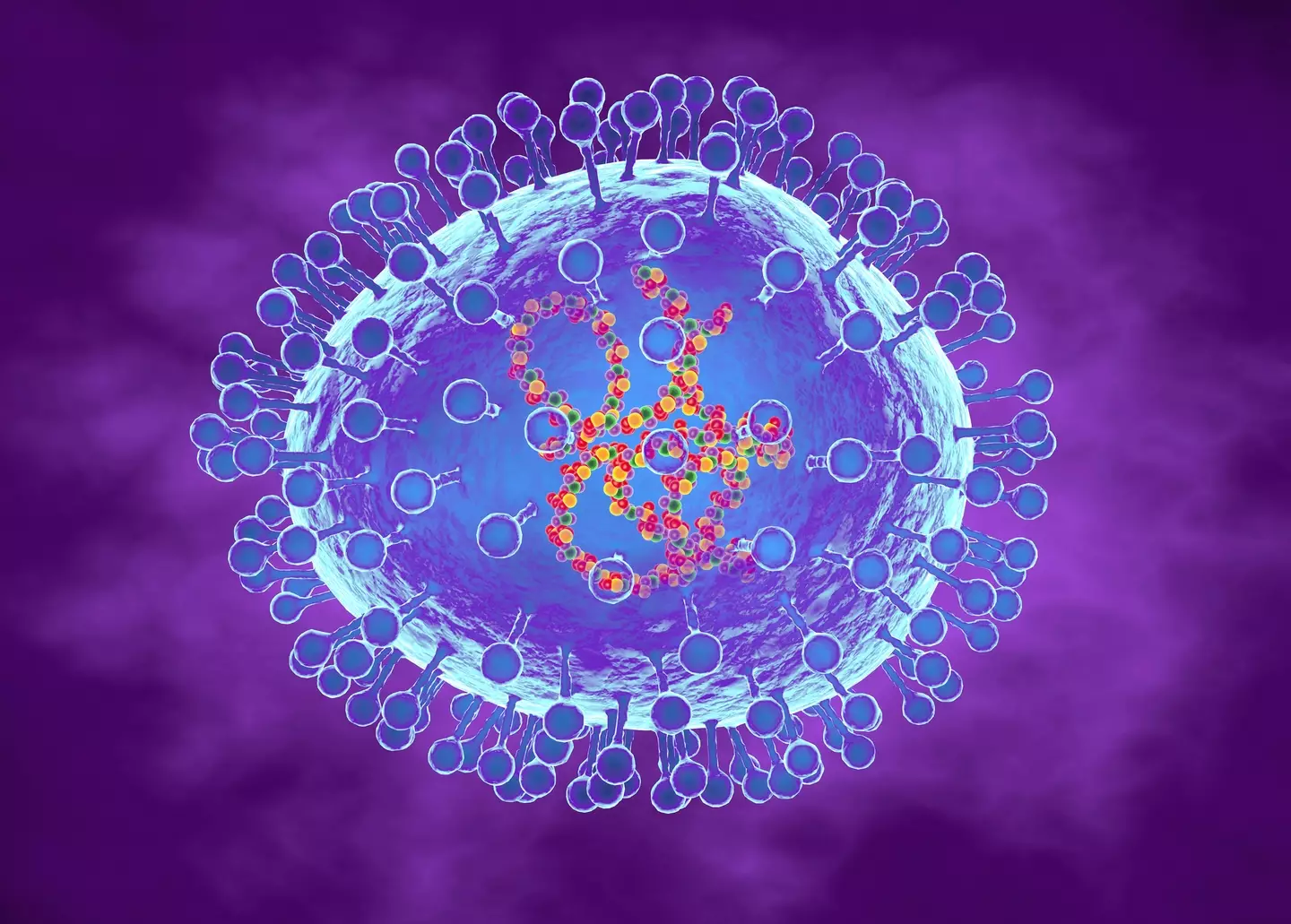The UK is witnessing a rise in human metapneumovirus (HMPV) cases, prompting the NHS to urge caution. While this virus might not be as alarming as COVID-19, it’s still crucial to understand the symptoms, transmission, and preventive measures to help reduce its spread. Here’s everything you need to know.
What is HMPV?

Human metapneumovirus (HMPV) is a seasonal respiratory virus first identified in the early 2000s. It shares similarities with common respiratory illnesses like colds and the flu. Most people contract HMPV by the age of five and may experience reinfections throughout their lives. Although typically mild, it can cause severe complications in vulnerable populations, including young children, the elderly, and those with pre-existing lung conditions.
Why Are HMPV Cases Rising?
HMPV cases tend to peak during the colder months, much like influenza and respiratory syncytial virus (RSV). The current uptick in cases, particularly in the UK and globally, is attributed to the seasonal nature of the virus. Data from the UK Health Security Agency (UKHSA) indicates that cases are slightly higher this winter, but experts assure the public that levels remain within expected seasonal norms.
How is HMPV Spread?
HMPV spreads primarily through:
- Direct Contact: Touching an infected person or shaking hands.
- Contaminated Surfaces: Coming into contact with objects that have the virus on them.
- Respiratory Droplets: Breathing in droplets from coughs or sneezes.
This mode of transmission is similar to many other respiratory viruses, making it easily communicable in crowded or poorly ventilated spaces.
Symptoms to Watch For
The symptoms of HMPV often resemble those of a common cold or flu, which can make it tricky to identify. Keep an eye out for:
- Cough
- Fever
- Runny nose
- Sore throat
- Body aches
- Fatigue
- Headache
In severe cases, HMPV can lead to pneumonia, bronchitis, or complications in individuals with asthma or chronic obstructive pulmonary disease (COPD). Red-flag symptoms like wheezing, chest pain, difficulty breathing, severe fatigue, or persistent fever require immediate medical attention.
Who is Most at Risk?
While HMPV usually causes mild illness in healthy individuals, certain groups face higher risks of severe outcomes:
- Children under five: Particularly vulnerable to complications.
- Elderly individuals: Reduced immunity makes them more susceptible.
- Immunocompromised people: Those undergoing treatments like chemotherapy or with chronic illnesses.
- People with existing lung conditions: HMPV can worsen asthma, COPD, and other respiratory issues.

Why Experts Believe HMPV Isn’t a Pandemic Threat
Unlike COVID-19, HMPV lacks the characteristics that typically lead to a global pandemic. Virologist Dr. Andrew Catchpole explains that pandemics often result from new viruses emerging from animal reservoirs, as was the case with COVID-19. HMPV, however, evolves gradually from pre-existing strains, making it far less likely to cause widespread outbreaks on a global scale.
Preventive Measures to Curb HMPV Spread
Even though HMPV doesn’t have pandemic potential, the NHS emphasizes the importance of controlling its spread to protect vulnerable groups and reduce the strain on healthcare systems. Here’s how you can help:
- Practice Good Hygiene
Regular handwashing with soap and water is one of the most effective ways to prevent infection. Carry hand sanitizer for situations where soap isn’t available. - Catch It, Bin It, Kill It
Always cover your mouth and nose with a tissue or your elbow when you cough or sneeze. Dispose of tissues immediately and wash your hands afterward. - Avoid Close Contact if You’re Sick
If you feel unwell, stay home and limit your interactions with others, especially those at higher risk. - Consider Wearing a Mask
If you have respiratory symptoms and need to go out, wearing a mask can help reduce the likelihood of transmitting the virus. - Maintain Clean Environments
Regularly disinfect frequently touched surfaces, like doorknobs, light switches, and phones, to minimize the risk of contamination.
What to Do if You Have Symptoms

If you’re experiencing mild symptoms, it’s best to rest, stay hydrated, and avoid social gatherings. Over-the-counter medications can help alleviate discomfort, but there’s no specific antiviral treatment for HMPV.
For severe symptoms, such as difficulty breathing or persistent fever, consult a healthcare professional immediately. Early intervention can prevent complications like pneumonia or exacerbation of chronic conditions.
Current HMPV Trends in the UK
Recent data from the UKHSA indicates that 4.5% of people visiting their GP with respiratory complaints tested positive for HMPV. Among children under five, the positivity rate rose to 7.2%. Despite these figures, experts maintain that the current levels align with typical seasonal activity.
Dr. Conall Watson, a consultant epidemiologist at the UKHSA, reassures the public that the situation is under control. He emphasizes the importance of staying vigilant and taking simple preventive measures to reduce infections.
Conclusion
While the rise in HMPV cases in the UK has caught public attention, there’s no cause for panic. This virus, though concerning for some vulnerable groups, is manageable with proper precautions. By staying informed, practicing good hygiene, and being considerate of others when feeling unwell, we can all play a part in minimizing its impact.
Stay safe, wash your hands, and remember—sometimes, the simplest actions make the biggest difference.


